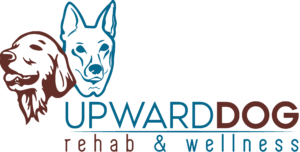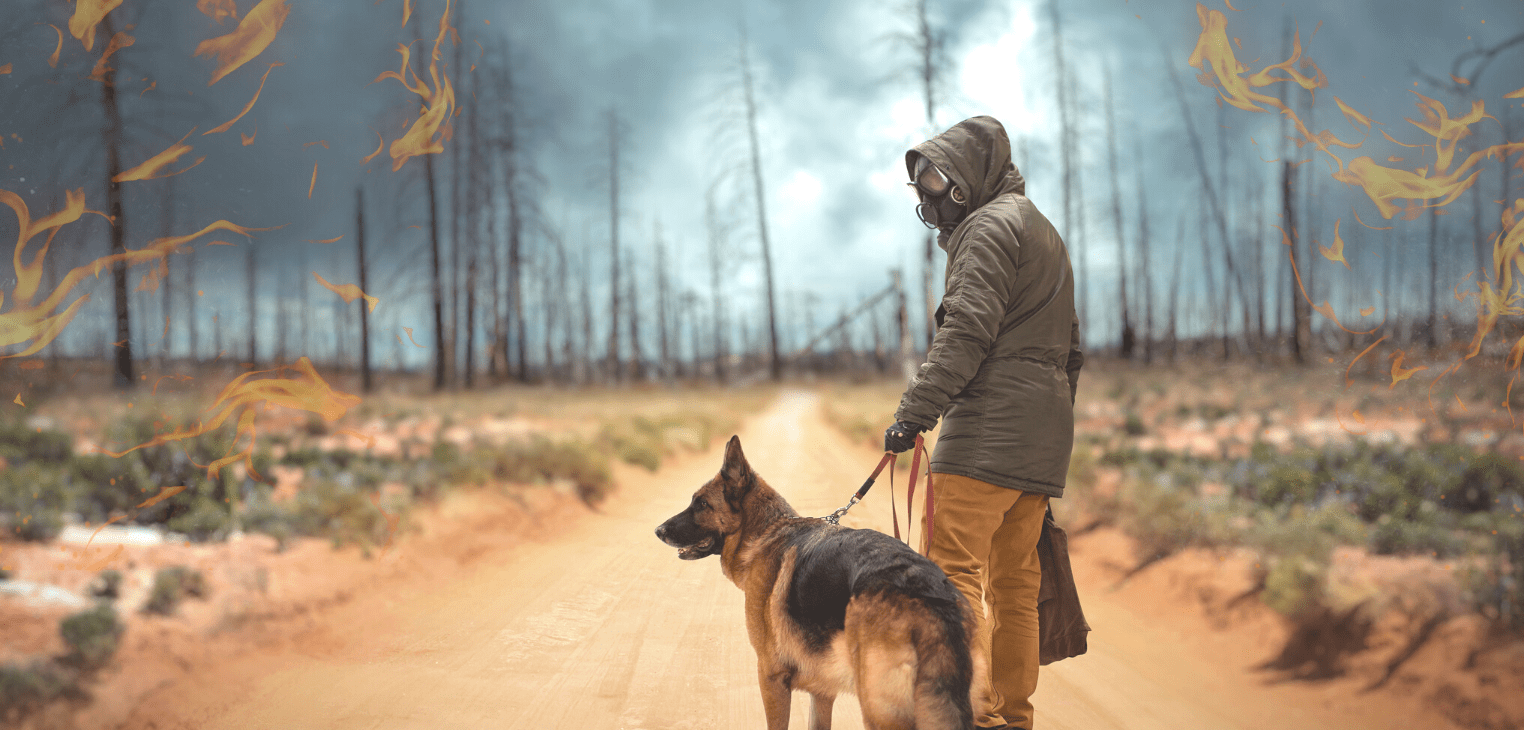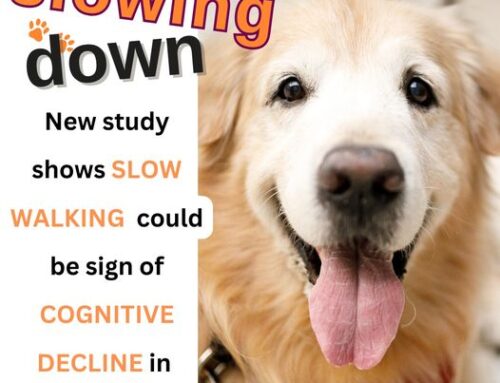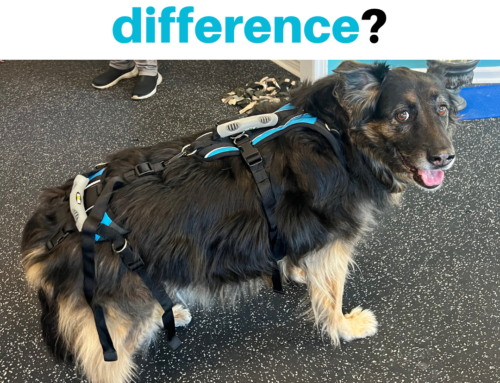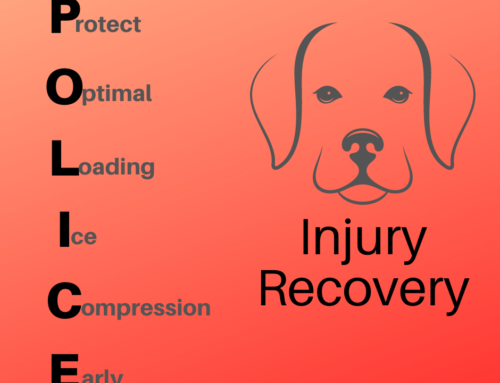This is a difficult blog to write. Having had my own close encounters, wildfires terrify me. I am overwhelmed with grief for those humans and animals amidst them. I write this at a time that we are experiencing two out of control wildfires in Nova Scotia, Canada. As you read this, please send your prayers our way.
I wanted to provide something that pet parents can do to help their pets currently impacted by these flames and for those that want to be prepared for emergencies in the future. I’m a physio for dogs and being prepared for emergencies is especially important for animals with mobility challenges.
Because fires are burning near me right now, I am going to start there and work backwards to planning. I hope this helps and please share it with others so they can help their dogs and their other critters.
Signs of Smoke Exposure in Your Dog.
Jumping to this first since we are experiencing it. About 80% of wildfire smoke is fine particulates which are dangerous because they can infiltrate the lungs and pass into the bloodstream triggering immune responses and chronic inflammation and potentially damage organs if inhaled over a long period.
Early signs of smoke exposure include:
- Sneezing more than usual
- Coughing more than usual or chronic coughing
- Itchy, watery, red eyes
More severe signs that require vet care and may necessitate an emergency visit:
- Weakness or fatigue
- Difficulty breathing and/or excessive open-mouthed breathing
- Increased respiratory (breathing) rate
- Excessive drooling/salivation, nasal discharge
- Pale gums
- Change in mental status – disorientated, confused
- Fainting
- Seizures
- Difficulty with regular movements they could preform before. Uncoordinated, falling over.
- Swelling of the mouth or upper airway
- Vomiting or loss of appetite
Minimize Smoke Exposure.
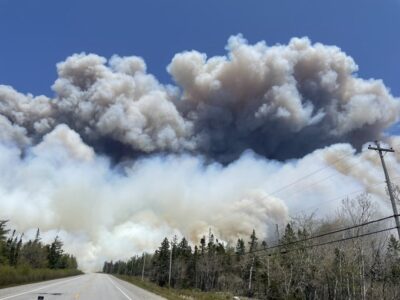
Nova Scotia Wildfire May 2023 – Image via Twitter
- Check air quality – most weather apps have an air quality alert. Check it frequently, especially before going outside
- Keep your pets indoors as much as possible. This is especially important for elderly, brachycephalic, and very young dogs as well as those that have health conditions, especially conditions affecting their respiratory system (i.e. pulmonary fibrosis, laryngeal paralysis, etc). All dogs should avoid intense and/or long periods of activity outside.
- Keep windows and doors closed.
- If possible use a HEPA (high efficiency particulate air) filter to reduce indoor air pollution if possible and a humidifier to help keep the air moist which is better for clearing the lungs of secretions. Clean air filters and run an air conditioner if you have one.
- Make sure all your pets have easy access to clean, fresh water. Boil and cool drinking water if advised.
- Don’t smoke or use anything with a flame (i.e. wood-burning stoves, burning candles, incenses etc) or items that contribute to air pollution like plug in freshners or even vacuuming which can stir up dust.
- IMPORTANT – Your pets can ingest pollutants when they clean themselves. After being outside, wipe down their coat and paws with a clean wet cloth or wipes to remove pollutants.
If your pet has been exposed to smoke, once you know they are safe you may consider contacting an integrative vet regarding some natural ways to support the respiratory system. But let’s get the life saving stuff done first!
Be Prepared and Seen.
Pack an Emergency Kit for your dogs. While I am emphasizing dogs with mobilities challenges, this applies to all your pets.
Emergency Kit may include:
- A week’s worth of fresh water. More if you have multiple pets and humans to care for
- Non-perishable food
- Travel bowls
- Poop bags and an extra leash and/or long line
- Comfort and brain stimulating items/toys (toys, puzzles, blankets)
- A week’s supply of medications/supplements (see vial of life below)
- Vaccination and vet information (see vial of life below)
- A pet first aid kit (burn ointment, antiseptic wipes, vet wrap, instant ice pack, Assisi loop, etc.)
- Extra “gear” you may have (ie harnesses, booties, sling, etc)
- Crate or pet carrier
Tailor the kit to your dog’s needs but be sure to have the essentials – food, water, medications, etc. Have all these items in a Grab-n-Go bag/container in an easily accessible area.
Vile of Life
Visibility
Make sure first responders know you have a pup with mobility challenges (and other pets). Amazon has many Pet Alert Stickers that you can write info on and stick on your windows and doors. In addition, if your dog uses a harness, be sure to always leave it in a highly visible place, like the front door or beside their dog bed so that it can be seen and easily grabbed. Furthermore, make sure your pets have tags on them so they can be identified and have your contact info on those tags.
Have a Plan
Remember fire drills in school? We had them for a reason and the same reason applies to you and your family including your dogs, cats, birds and other critters that you may be the guardian of. Be organized and plan an evacuation route. We never think it will happen to us but I have a news flash for everyone… it’s a VERY REAL POSSIBILITY and having a plan can be the difference between getting EVERYONE out safely or not. Never leaver a pet behind, you might not be able to go back. Do you have someone that you can contact in case to get your pup in a case of emergency? Make a pet buddy system with a neighbour. If possible, even have a place to stay pre organized. This is especially important if you have large animals like horses. Plan and hope you never have to implement.
*********************
